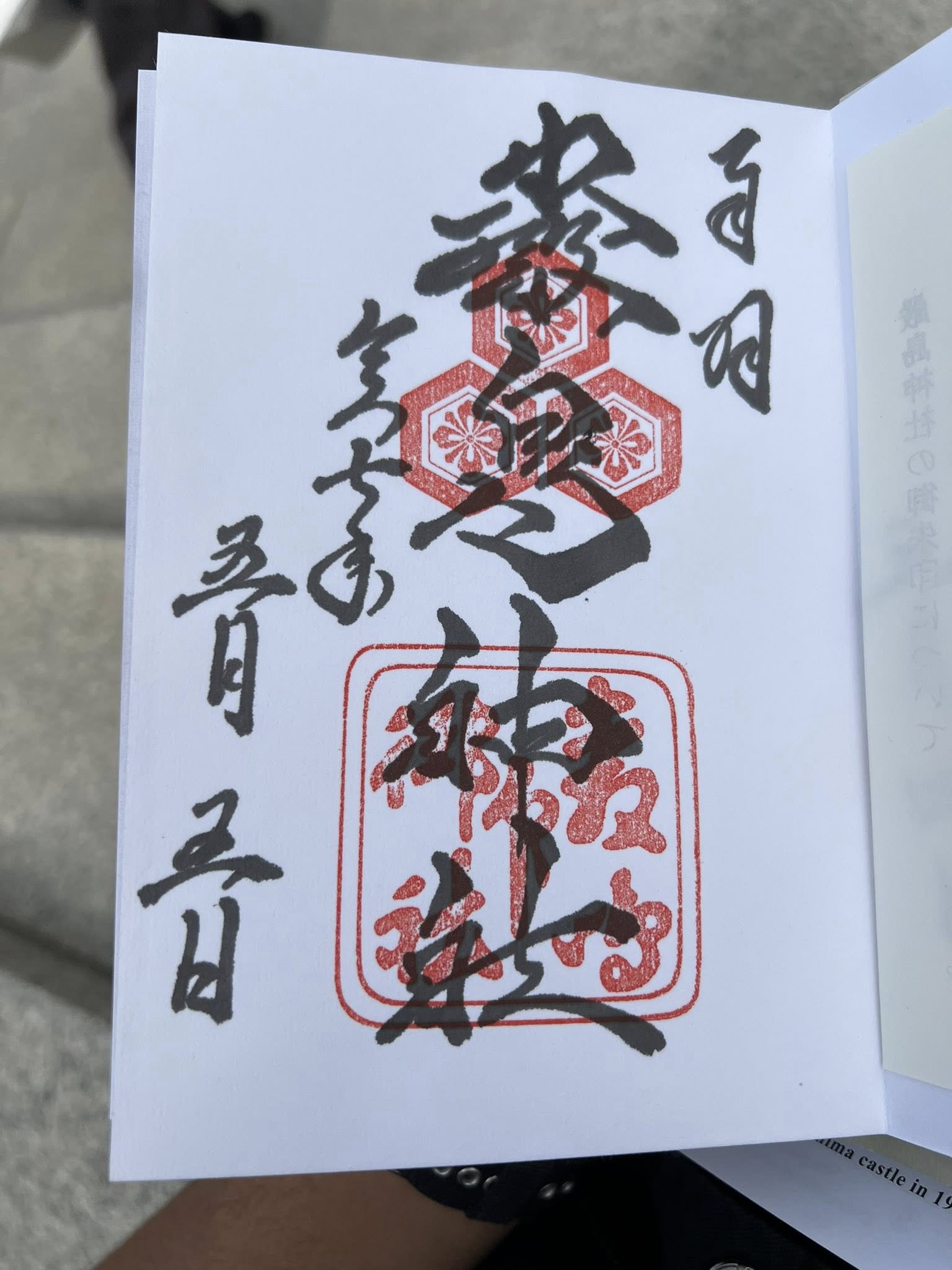How therapy helps uncover hidden patterns that shape our lives [PODCAST]
Subscribe to The Podcast by KevinMD. Watch on YouTube. Catch up on old episodes!
Anesthesiologist and clinical mental health counselor Maire Daugharty discusses her article “How therapy helps uncover hidden patterns.” Maire explains how psychotherapy leverages the brain’s pattern-seeking nature to reveal implicit beliefs formed in …











![AI censorship threatens the lifeline of caregiver support [PODCAST]](https://kevinmd.com/wp-content/uploads/Design-2-190x100.jpg)

